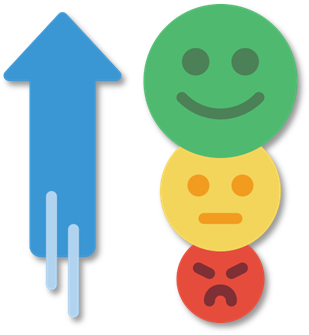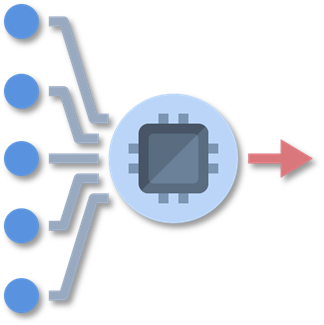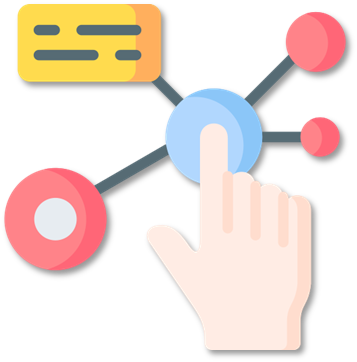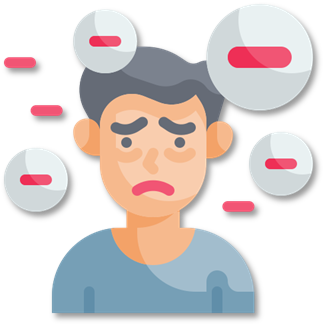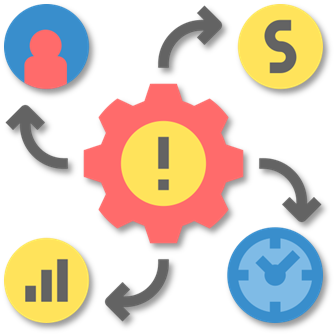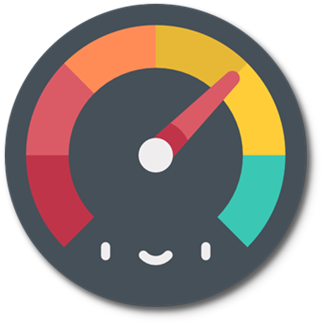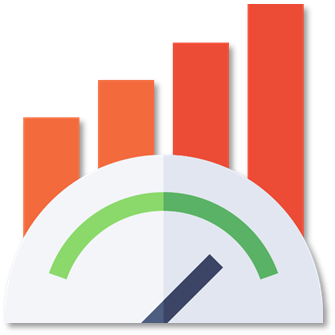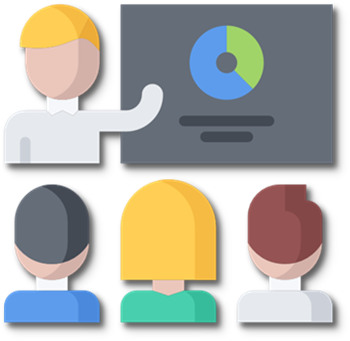Step 1: Use Case
Use case 2.1: Early Detection and Advice
| Topic | Question | Answer |
Stakeholders | What users/stakeholders are involved in your use case? (if there are many, choose 3 max to focus on) Please add name, age, gender, and one hobby (i.e. a first step towards the identification of personas). | Child Teacher Parent Health care professional ... |
Stakeholders' goal | What do these people want to achieve? | G2.1.1 Decision is made by teacher (and stakeholders) on need of support in child, based on automated wellbeing-data-driven advice |
Values and motivation | Why do these people want to achieve this?
|
|
Role, task and context | What is humans' role in the overall task performance or activities? (e.g., think about the responsibilities) What are the main tasks or activities of these people? (Note that the roles, tasks or activities of the humans can change due to the introduction of new technology) Which context factors have a major effect on the performance or activities? |
|
Use case 2.2: Goal Setting
| Topic | Question | Answer |
Stakeholders | What users/stakeholders are involved in your use case? (if there are many, choose 3 max to focus on) Please add name, age, gender, and one hobby (i.e. a first step towards the identification of personas). | Child Teacher Parent Health care professional ... |
Stakeholders' goal | What do these people want to achieve? | G2.2.1 Goals are jointly set (teacher, parents, child) for child on wellbeing and support |
Values and motivation | Why do these people want to achieve this?
|
|
Role, task and context | What is humans' role in the overall task performance or activities? (e.g., think about the responsibilities) What are the main tasks or activities of these people? (Note that the roles, tasks or activities of the humans can change due to the introduction of new technology) Which context factors have a major effect on the performance or activities? |
|
Step 2: Functions
| Topic | Question | Answer |
Overall objective | What is the overall objective of the human-AI system? How do the human and AI collaborate and support each other (interdependence)? | |
Functions
| What are the functions of the AI-system(s)? What does it actually do? What are its inputs, what are its outputs? | R.2.1 ePartners4All shall request data relevant for decision-making R.2.2 ePartners shall process data according to model (e.g., if-ten rules/cut off values) R.2.3 ePartners4All shall provide advice based on data and model (e.g., child has good wellbeing, child could profit from support for development of relevant knowledge/skills (e.g., language, emotional development, healthy sleep) R2.4 ePartners4All provides schema to set personal goals for child, related to support need (output UC 2.1) R2.5 ePartners4All provides tasks/interventions to aid achieving personal goals R2.5 ePartners provides overview of goals, tasks/interventions selected (i.e., input for UC 4.1 monitoring)
|
| G2.1.1 Decision is made by teacher (and stakeholders) on need of support in child, based on automated wellbeing-data-driven advice | ||
| G2.2.1 Goals are jointly set (teacher, parents, child) for child on wellbeing and support | ||
Interaction | How do you expect the human to interact with these AI-functions? Does the human provide any input? (just a (high-level) description of interaction(s) is fine, e.g. “Actor A provides feedback in the form of tags”) |
|
Step 3: Effects
| Topic | Question | Answer |
Positive consequences | Which positive effects are expected from the AI-functions - to the performance of the actors who work with the AI (e.g., accuracy, speed, ...)? - to the state of them (e.g., stress, understanding, trust, ...)?
| |
Negative consequences | Do you foresee potential negative effects of the AI-functions: - on the performance, state and/or values of the actors? - on more general ethical or societal aspects? What are they? | |
Impact on use-case | What is the impact of the AI-functions on the overall use case? What does it add to the use case/how does it improve the use case as a whole? |
Step 4: Claims
| Topic | Question | Answer |
Measurements | For each positive and negative effect listed in step 3 , describe how you could evaluate (measure) whether they actually occur. | |
Benchmark | For each measurement, what are the benchmarks (criteria)? (i.e., what are desired values?) | |
Demonstration of AI-functionality | Can you describe how you could demonstrate that your AI-function(s) achieve(s) the effects that you listed in the previous question? |
Storyboard
[place a photo of your storyboards/Design Patterns here]









